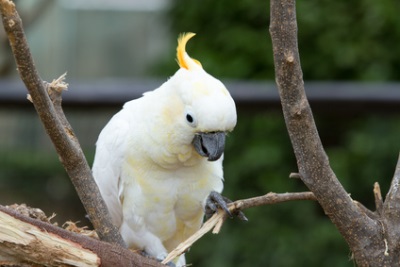

Traditional expressions are now sometimes mixed with or even replaced by string band music, Christian hymns, or both, primarily reflecting modified influences from the West and from other Pacific Islands areas. In both villages and cities, music and dance celebrations often mark important life-cycle events such as birth, death, initiation, menarche, economic transactions (even the opening of a roadway), peacemaking, and religious observances. Intergenerational tensions reflect the stresses of rapid social change in rural and urban contexts. Increasingly there are second or third generations of townspeople who have “mixed marriages” across language lines, who while affiliated with both their parents’ relatives often display a greater sense of nationhood than their age-mates who have less multicultural backgrounds. The demands of wantoks are often held to be a root cause of corruption. Social bonds and obligations of the wantok system can provide support for those struggling in new locations but also create heavy demands on the more affluent people who feel obliged to support their kin. When people migrate from rural villages to urban areas or rural resettlement areas, they carry their languages and customs with them and re-create their existing social structures. These social structures form the lines of conflict expressed in the interclan warfare that persists in the Highland provinces, and in those areas they often form the lines of political competition in contemporary elections. They may share origin myths, and in such cases clans can be seen as being like “brothers,” sons of a founding father. Large tribes are not the norm, but where they do exist they have a degree of political unity and can be viewed as federations of clans. Marriage within a clan would be perceived as incest, and so marriage is only possible across clan lines and sometimes across the boundaries of a tribe. In some areas descent and land rights can be claimed through either parent, so people can belong to both their parents’ clans. Almost all Melanesian societies are patrilineal, tracing descent through the male line, and even matrilineal societies, where descent is traced through the female line, remain patriarchal-i.e., male-dominated. The clan forms the major unit of social organization.

Wealthy and prominent men with multiple wives retain separate households for each. With the incursion of newer cultural influences, that system has been modified in much of the region. The Highlands social system previously involved the strict separation of men and women, with men sleeping in men’s houses somewhat akin to military barracks and women sleeping in separate garden houses with the small children.

Other major rituals, such as menarche ceremonies for girls and initiations for boys, are declining.

Many of those activities are accompanied by rituals to ensure success and prosperity. Most people have rights to use portions of land for the growing of food and some cash crops as well as the rights to fish, hunt, and gather timber from local forests. Daily life usually centres on the extended family, whose primary responsibilities are producing food for subsistence and rearing children. People’s daily lives vary enormously in Papua New Guinea, with the great majority of the population living across the diverse rural landscape in villages or hamlets. SpaceNext50 Britannica presents SpaceNext50, From the race to the Moon to space stewardship, we explore a wide range of subjects that feed our curiosity about space!.Learn about the major environmental problems facing our planet and what can be done about them! Saving Earth Britannica Presents Earth’s To-Do List for the 21st Century.Britannica Beyond We’ve created a new place where questions are at the center of learning.100 Women Britannica celebrates the centennial of the Nineteenth Amendment, highlighting suffragists and history-making politicians.
Bird in hiri motu how to#


 0 kommentar(er)
0 kommentar(er)
